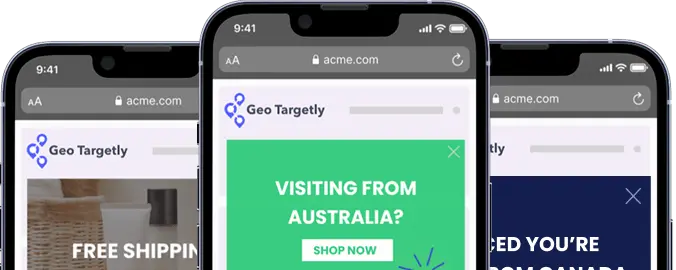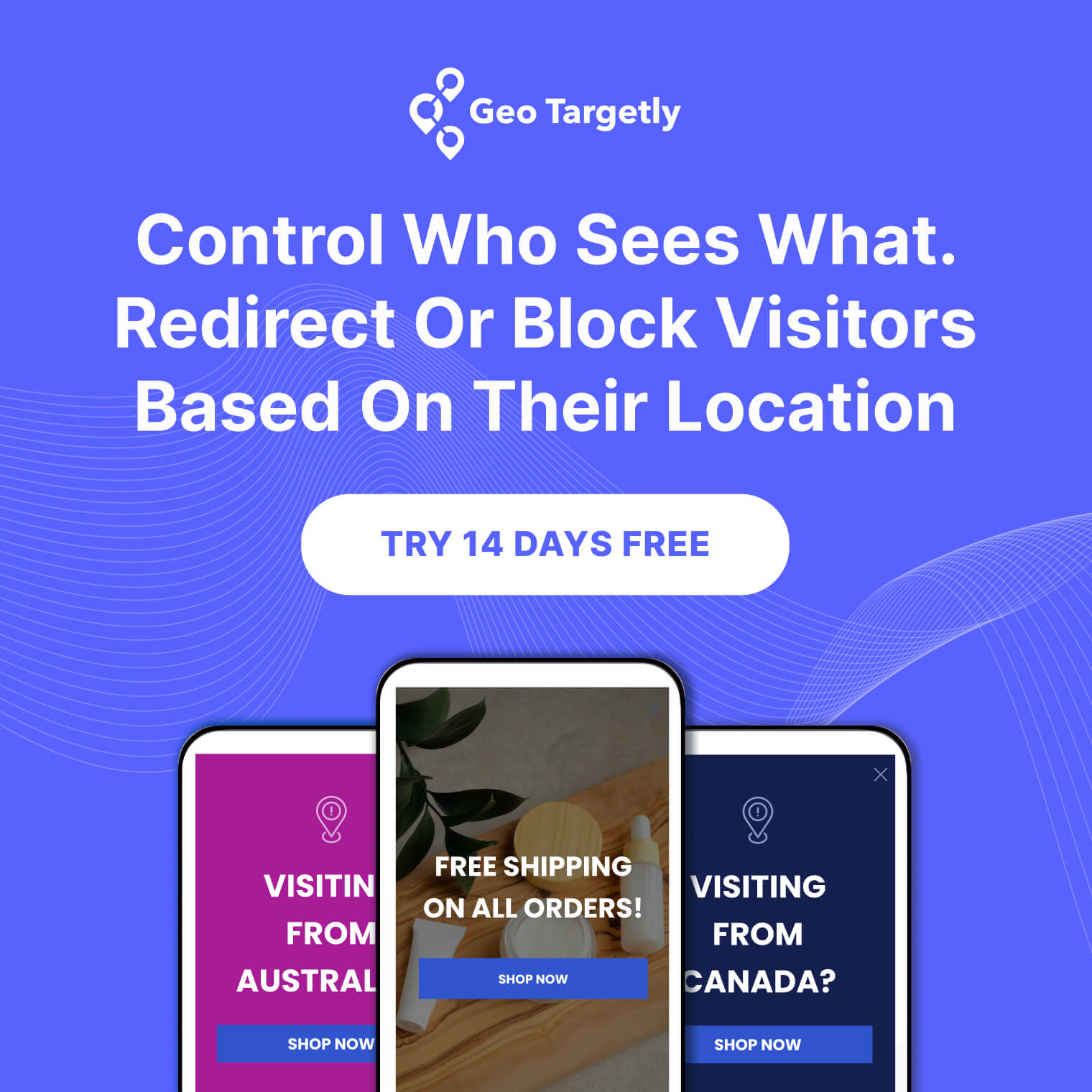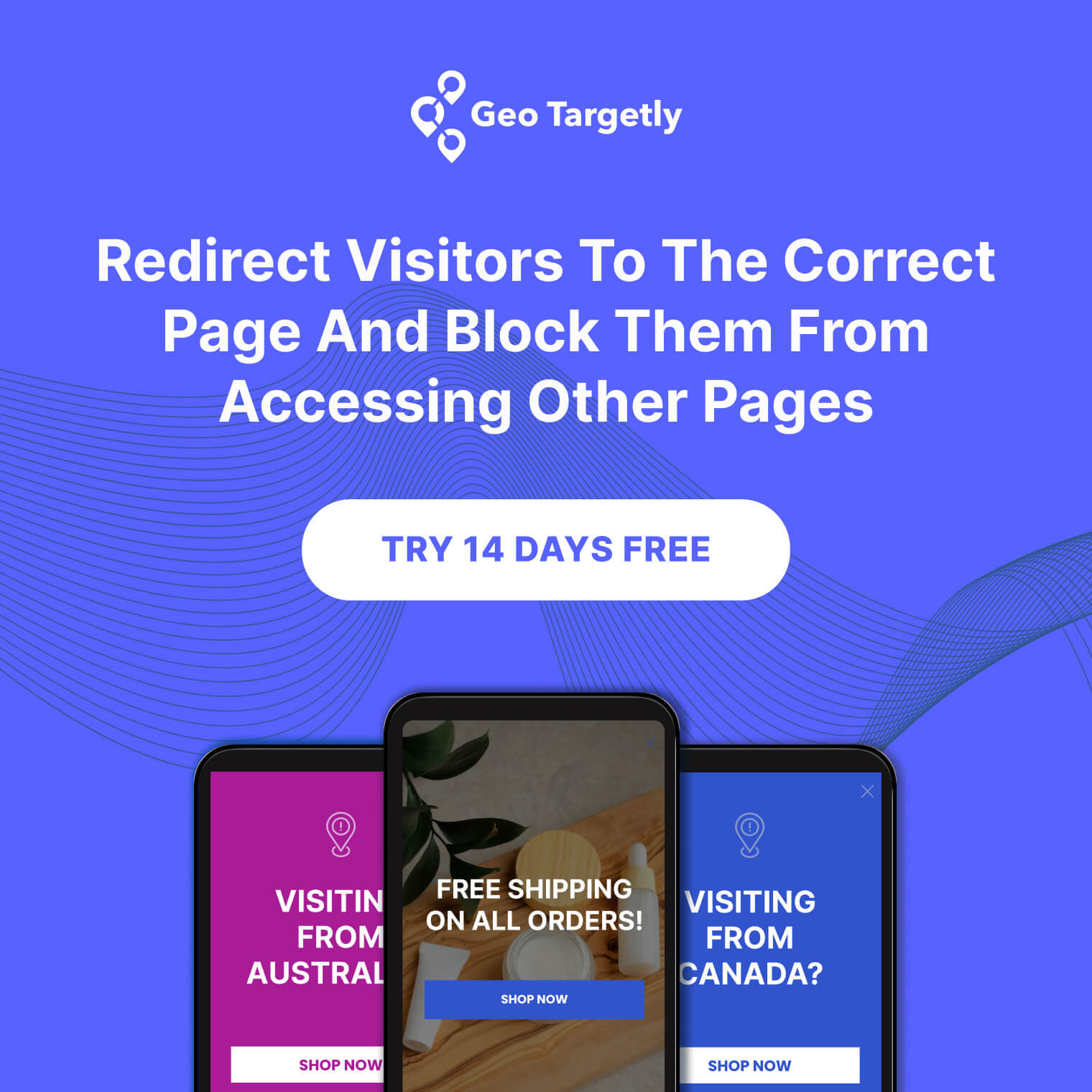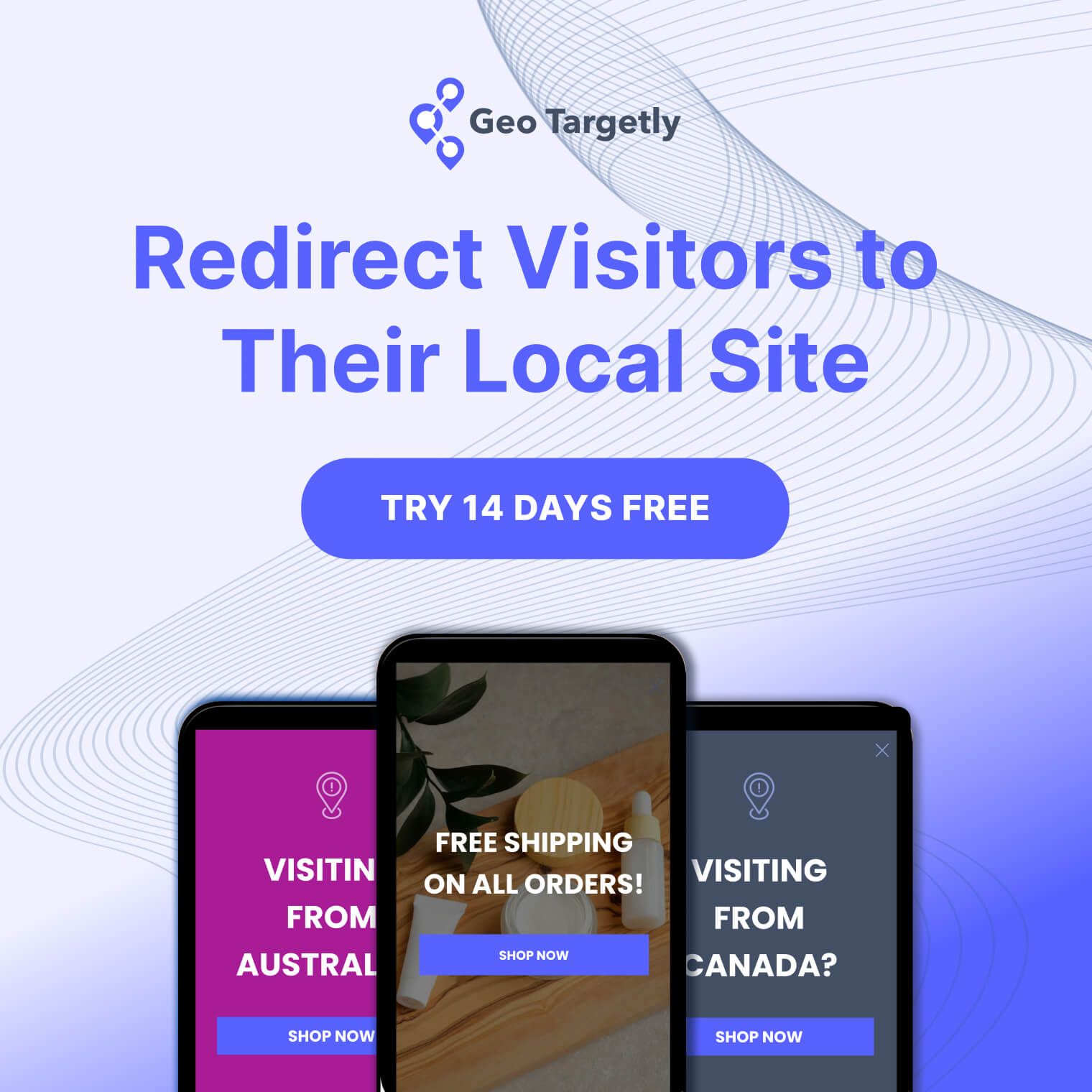

Key takeaways:
- IP geolocation maps an IP to access point coordinates, not a person’s exact location.
- Country accuracy is often about 90 percent, city accuracy is much lower and varies by provider.
- Data quality depends on the provider’s sources and update cadence, choose carefully.
- Free databases fit prototypes and light use, expect lower accuracy and request limits.
- Paid options offer better accuracy, support, and fresher data, at a higher cost.
- APIs are easy to integrate across apps, watch for rate limits and third party downtime.
If you’ve ever thought about how people from different locations visit your website, you may be familiar with the concept of IP geolocation databases. But how much do you know about them? These databases offer a wide array of different features, and it might be tough to understand what kind of value they can add for your site.
In this article, we’ll go over what these databases are, what kind of features they offer, and how you can use those features to enhance the quality and utility of your website experience.
What is an IP Geolocation Database?
Geolocation IP Databases allow you to determine your website visitor’s location. These databases of IP addresses contain the latitude and longitude of a particular IP address. So when you look up an IP address, you are provided with the pair of coordinates that are the ‘origin’ of that IP address. You’re not necessarily getting the exact location of your visitor, but you are getting the location of the electronic access point they are using to visit your website.
These databases are created and maintained by third parties, and thus, the location data for the IP addresses are only as good as the company that manages the data. Some companies acquire their data through data mining, and others get more accurate data by polling users. Depending on the provider you choose, the data you are provided could be collected via either method.
How accurate are Geolocation Databases
The accuracy of the data you are given will be about 90 per cent precise at the country level (depending on what source you choose), but at the city level, that accuracy level sharply declines. You can see this when you use a service to check your IP address online via a web browser. If you are not located in a major metropolitan area, for example in a suburb, your IP address might point to the center of the major metropolitan. But the State and Country will most likely be accurate.
This is what you can expect from the geolocation data available from providers. Location info will be accurate for broad areas, but not down to the city level. Depending on your use case for the data this might not be an issue at all, but it’s something you want to keep in mind if you need city-level location accuracy.
Companies providing Geolocation Databases
There are a wide variety of different services available from which to buy IP geolocation data. When looking at these services, there are a variety of differentiators that make some providers better, and worse than others. Some of these services might be more expensive than a small business would like, and some are lacking regarding accuracy and ease of use.
The service that you choose might not have everything, but as long as it covers your primary use cases, you should be able to extract some value from the database.
Free IP Geolocation Databases
There are some free IP geolocation database providers out there that you can choose from. These services offer a geo IP database for free, but that comes with sacrificing other features that you might want in an IP to location database. These services will be comparable to, but less accurate than their paid counterparts. If they are API based they will also most likely have low bandwidth restrictions, limiting the number of requests that you can make with them.
These free options may be the right fit if you are still in development or just building an MVP of your service. They also might be an excellent fit for you if you’re core offering does not require this kind of a database, and you have limited need for a top tier service offering high levels of IP geolocation accuracy.
Paid IP Geolocation Databases
If you need accurate data, dedicated support, and a stable API with predictable uptime and clear limits and restrictions (or no limits), you might need to look into using a paid IP geolocation database. Paid options are going to provide the increased accuracy that you’ll need if your service requires more up to date info. But they also come at varying price points.
Free vs Paid databases
Depending on the project free vs paid IP geolocation databases will have different strengths and weaknesses. A paid database will come with more frequent updates and better data accuracy. It will also be easier for you to get support if you have special requirements for your application.
Some paid IP geolocation databases will also allow you to pay for different tiers. For example, if you only need country-level accuracy, you’ll spend less than if you want city level, or postal code level accuracy. This might be a significant tradeoff if you need the most accurate information, but you don’t need to get as granular with the data you need on your visitors.
Free options are lovely for prototyping but can be hard to place a lot of trust in for more complex projects. The API might work, but will have a request cap, or will limit requests to so many per minute. Or the database might only really be useful at the country level. Cost comparison of Geolocation IP Databases.
- GeoIP2 - $50
- IP2Location - $49
- IPligence - $39
IP Geolocation Databases vs Web API Services
If you have not worked much with external services like these you might be asking, what is the advantage of an API for example our Geo Location API service vs an IP geolocation database, like GeoIP2 by MaxMind for example. The advantages in using an API hosted by a third party provider would be that you don’t have to be in charge of making sure your data is available to your application.
For example, if you have multiple versions of your application across different platforms, you might prefer an API instead of a database because making the database available to each application version will require either maintaining separate versions of the same database or creating the API yourself.
If you decide to go with an API option, you’ll need to consider the number of requests you can make with the API. If there is a hard request limit and you meet that limit, your application might become unavailable depending on how the service you have chosen chooses to handle accounts meeting the threshold. Without automatic updates, you might be looking at downtime.
Speaking of downtime, another disadvantage of a third-party hosted API is the potential for downtime. If this service goes down, you might be left unable to provide an essential service for your application, and depending on how your application is engineered you might see downtime as well.
When choosing whether or not to self-host the IP geolocation info you need it is essential to consider the benefits, advantages, and caveats of using an API or hosting the data yourself. Most importantly because depending on how vital this information is to your application, the wrong choice could have some massive implications for your business.
What are IP Geolocation Databases used for?
Now that we have an overview of what IP geolocation data is, and what kind of providers are out there, you might be wondering, what can I use it for? If you didn’t know what an IP geolocation database was before reading this article, this might be the most pressing question you had. You might also have a specific use case in mind and want to make sure you aren’t leaving opportunities on the table.
In any case, we’re going to go over some of the most popular use case options and explain a bit about how an IP geolocation data service can help.
Region Specific Content Customization
An obvious use case for an IP geolocation database is to customise content based on the location the visitor is viewing the page from. This might include things like adjusting the currency on your pricing page to displaying the right options to a user in a drop-down.
Displaying the right content to your users if your content differs from region to region is essential. For example, if your service purports to show people a map with the nearest emergency room, it is vital to have the correct location info when displaying based on visitor IP. Adjusting content for your page visitors is one of the most widely used examples of how these services can be useful.
Region Specific Landing Pages
If your business needs to know where a visitor is from to display appropriately updated information around its products or services, an IP geolocation database might be the answer. This is a great way to get the location of your visitor and change which page gets displayed to them.
Or, if your marketing department is advanced enough to see the value in A/B testing landing pages, they will also most likely see the value in providing a different landing page based on the region or city your visitor is visiting your website from.
One use case would be for Service area businesses (SABs). These businesses might want to promote the fact that they serve a variety of cities surrounding the city in which they are physically located, and a great way to do that is to detect the city in which a visitor is in and to let that visitor know they information about the service via an alternative landing page. An advantage of this method is that you might also be able to rank your page using SEO for that local service city, which would help to provide you more visitors and also help popularise your service in those service cities.
You might also think of using location-specific landing pages if you are a multiple location brick and mortar business. This would be if you had more than one physical location or office. Displaying a custom landing page for each office will help you rank better organically in SEO, will give your visitors a better experience on your website, and can help you do things like link to the correct Google My Business listing and adequately provide the relevant information about your service at that location.
Your business could have just three locations or as many as one hundred locations. The value-adds would be the same. If you can provide visitors with information about the location that serves them, that enhances their experience on the web. One great way to ensure that relevant information to them is by using an IP geolocation database.
Serve Targeted Ads
Using location information to serve targeted ads is a great way to increase revenue as a publisher. Ad networks like Google Adsense usually handle this themselves, but if you wanted to help your native ads and provide this functionality to your advertisers, an IP geolocation service is a great way to get things done.
One example might be if your visitors are from a region or city that an advertiser wants to direct towards a particular service or landing page. You could lead visitors to that page based on their location. This could help to increase conversion rates for your advertisers which would, in turn, increase the value of serving ads on your site.
If you would like to serve your ads on your website, you can also take advantage of this targeting behaviour. For example, with native ads, say you want to let users from a particular state or region know that you are introducing a new product or service, just for their area. Let them know with a location-specific targeted ad!
Serve Localized Ads
Localized ads are similar to targeted ads in that you are using the website visitors location to determine which ad to serve them. Where they differ, is in what type of content they are promoting to the user. Localized ads are going to be less focused on ‘targeting’ or providing a deal/info based on trying to make a sale. They are going to be more concerned with ensuring that the ad you are serving is in the correct language, identifies the location correctly, etc.
This might be an example where you need to display the actual currency based on the location of your user alongside your ad. You could use localised ads to provide this functionality on your site.
Traffic Logs
If you have weblogs that you store and would like to get more information from those logs, an IP geolocation data service might be able to help. You might use this service to create the dashboards that could tell you more about where your visitors are coming from. This could also be used to show information about where login attempts are coming from. A business with a competent development team might notice that their US-based business gets a lot of login attempts from China. With an IP geolocation data service, you would be able to see that information as well as act on it by banning the offending region in question if you like.
Learning more about your users, and about how people from different regions use your site is a significant advantage when it comes to using an IP geolocation data provider to help provide more information about your website visitors.
Hiding Content For Legal Purposes
If your website is licencing content, it may be essential to the health and legality of your service to make sure that you are only providing the content to regions that you have formed the proper arrangements and agreements for. For example, if your site is displaying a video that is only licenced for use in the United States, you would want to ensure that users from any other region are greeted with a message that conveys that ‘this media is not available in your region’.
There is a significant risk without this digital protection that your business would be legally liable for providing content licenced for use in only specific regions to every region on the planet. If you aren’t careful, this could result in massive fines.
DRM online is a particularly useful use case for an IP geolocation database. It will most likely also require a high degree of certainty and accuracy. You want to make sure that you do not run afoul of any studio licencing restrictions and make yourself vulnerable to massive fines or breaches of contract.
Regulatory Compliance
If a particular region has specific regulatory compliance protocols that websites which serve those regions are expected to abide by, a great way to make sure you comply with those rules is to detect when visitors are visiting your website from those regions. For example, some regions may have specific regulations about content restrictions that they require local operators to abide by.
An obvious example that has gained a lot of attention recently is GDPR in the European Union. If you want to make sure you comply with these rules, but you don’t want to change your website experience for all of your users, you could use an IP geolocation database for only adding the required notices when a visitor is coming to your site from an EU member country.
Providing the right content to the right users to remain in regulatory compliance is another excellent way to avoid fines and legal consequences online. These could be very costly for your business so the more you prevent them, the better.
How are geolocation IP databases installed and used
If you see the apparent value in an IP geolocation database you’ve likely already asked yourself, how do I make this available on my website? Is there a unique installation process?
Do I need a server to use this data?
If you are using an API provider the answer is no. However, if you have a file or database containing the data yourself, you will need a server to make that data available to your application.
The answer to that question is both yes and no, depending on the provider you choose for you IP geolocation data. If you select an API provider like ipstack, you won’t need to really ‘install’ much. But your developers will need to know how to use their API. This will require some rewrites to your applications and website as well, so there is the cost of using the API, as well as the cost of implementing it on your end.
If you decide to use something like MaxMind’s GeoIP2 database you will be given a CSV file that you can then (either from a file they provide you, or manually) convert into a list of addresses and regions that can be used in much the same way an API would be used in your application. Again there is the cost of implementing a service like this on your end but without the monthly fee.
Updating Geolocation IP Databases
If you use an API provider for your data, you don’t need to worry about updates. Your service provider handles these.
If you need to update the data in your self-hosted IP database you should be able to redownload the data from your provider. Some providers provide free updates for a limited period so you will also need to make sure you have an active subscription or are in that grace period for receiving updates to your data.
If you’ve ever thought about how people from different locations visit your website, it might be time to invest in an IP geolocation database. This data can help provide you with the information you need to improve the quality of your visitor’s experience on your site, prevent fraud, and better serve the needs of your customers.
If you need something like this on your website, you know where to look and what to expect.





.webp)


































